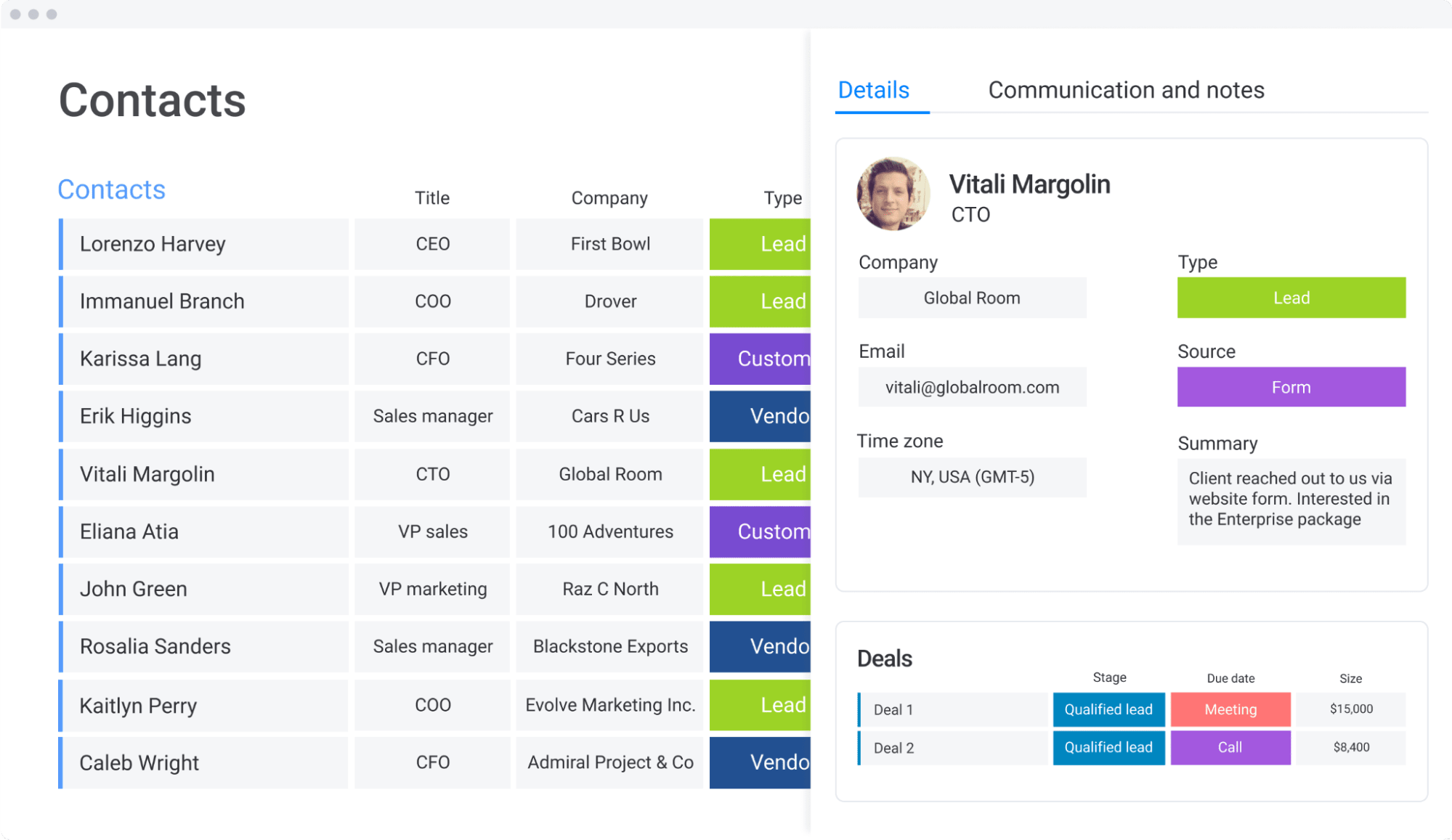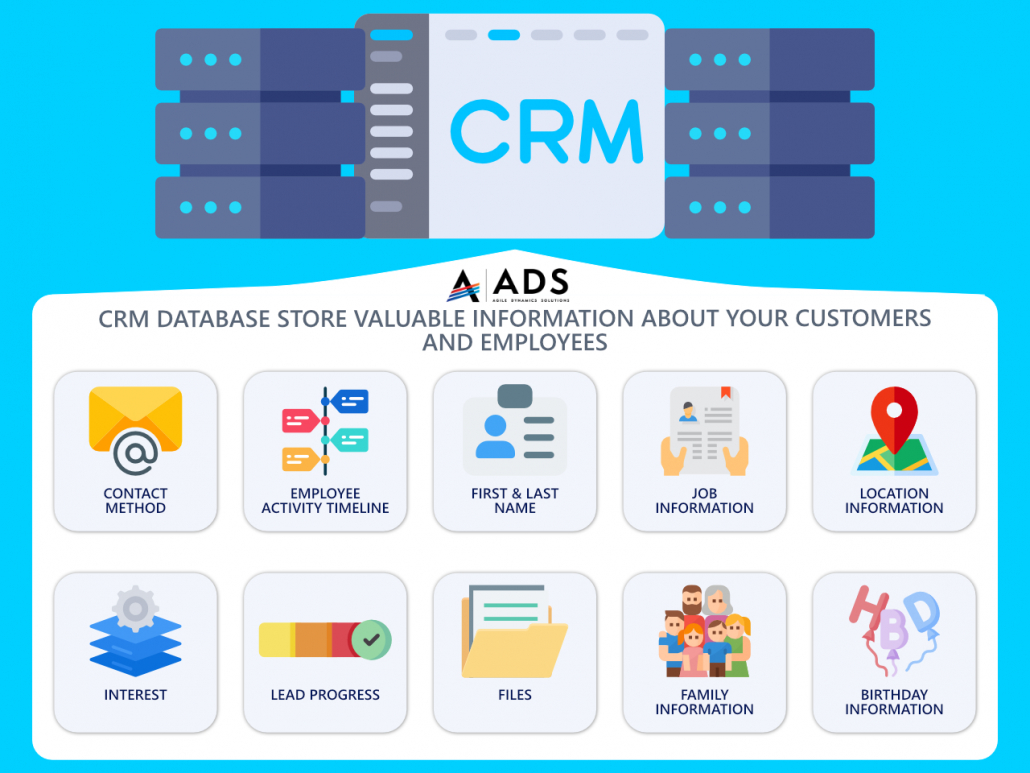Starting with the best crm database, this paragraph aims to provide a captivating overview of the topic, highlighting the importance of CRM databases in businesses and the benefits they offer for customer management.
Exploring the key features to look for in the best CRM database and how they can enhance customer relationship management will be discussed in detail.
The Importance of CRM Databases: Best Crm Database
Customer Relationship Management (CRM) databases play a crucial role in businesses by storing and managing customer data effectively. By centralizing customer information, businesses can enhance their interactions and relationships with customers, leading to improved customer satisfaction and loyalty.
Benefits of Using CRM Databases
- Improved Customer Service: CRM databases allow businesses to access customer information quickly, enabling personalized interactions and resolving issues efficiently.
- Enhanced Marketing Strategies: By analyzing customer data stored in CRM databases, businesses can tailor their marketing campaigns to target specific customer segments effectively.
- Increased Sales Opportunities: CRM databases provide insights into customer preferences and behaviors, helping businesses identify cross-selling and upselling opportunities.
Industries Relying on CRM Databases
- Retail: Retail businesses use CRM databases to track customer purchases, preferences, and loyalty program participation.
- Finance: Financial institutions use CRM databases to manage client relationships, track investment preferences, and improve customer service.
- Technology: Tech companies leverage CRM databases to streamline sales processes, track customer interactions, and enhance product development based on customer feedback.
Features to Look for in the Best CRM Database
When choosing a CRM database, it is essential to consider the following key features that contribute to its effectiveness:
Essential Features of CRM Databases

- Customizable Dashboards: Allow users to view and analyze customer data in a personalized and intuitive interface.
- Integration Capabilities: Seamless integration with other business systems to ensure a holistic view of customer interactions.
- Automation Tools: Automate repetitive tasks such as email campaigns, follow-ups, and data entry to improve efficiency.
Comparison of CRM Databases
| CRM Database | Key Features |
|---|---|
| Salesforce | Cloud-based, extensive customization options, robust reporting tools. |
| HubSpot CRM | Free version available, user-friendly interface, integration with marketing tools. |
| Zoho CRM | Affordable pricing, AI-powered automation, multichannel communication. |
Implementation and Integration
Implementing a CRM database involves the following steps to ensure a smooth integration process:
Steps for Implementing a CRM Database
- Define Objectives: Identify the goals and objectives of implementing a CRM database within the organization.
- Select the Right CRM: Choose a CRM system that aligns with the business requirements and budget constraints.
- Train Employees: Provide training to employees to ensure they understand how to use the CRM system effectively.
Challenges and Best Practices of CRM Database Integration
- Challenge: Data Migration – Ensuring a seamless transfer of data from existing systems to the new CRM database.
- Best Practice: Data Cleansing – Regularly clean and update customer information to maintain data accuracy and relevance.
Security and Data Privacy
Maintaining data security and privacy in CRM databases is paramount to protect sensitive customer information.
Measures for Data Security in CRM Databases, Best crm database

- Role-Based Access Control: Restrict access to sensitive data based on user roles and permissions.
- Data Encryption: Secure customer data using encryption techniques to prevent unauthorized access.
- Regular Audits: Conduct routine audits to identify security vulnerabilities and address them promptly.
Common Security Threats and Mitigation Strategies

- Threat: Data Breaches – Implementing robust cybersecurity measures such as firewalls and intrusion detection systems.
- Strategy: Employee Training – Educate employees on data security best practices and the importance of safeguarding customer information.
Ending Remarks
In conclusion, we have delved into the significance of CRM databases, the essential features to consider, and the challenges and best practices of implementation and integration. The emphasis on data security and privacy measures in CRM databases was also highlighted, showcasing the critical aspects of maintaining a secure CRM environment.
FAQ Overview
What industries heavily rely on CRM databases?
Industries such as retail, financial services, healthcare, and telecommunications heavily rely on CRM databases for customer management and relationship building.
How can specific features in a CRM database enhance customer relationship management?
Features like automation, data analytics, and personalized marketing tools can enhance customer relationship management by providing insights, streamlining processes, and delivering targeted communication.
What are some common security threats in CRM databases?
Common security threats in CRM databases include data breaches, unauthorized access, and malware attacks. Implementing robust security measures and regular monitoring can help mitigate these risks.
